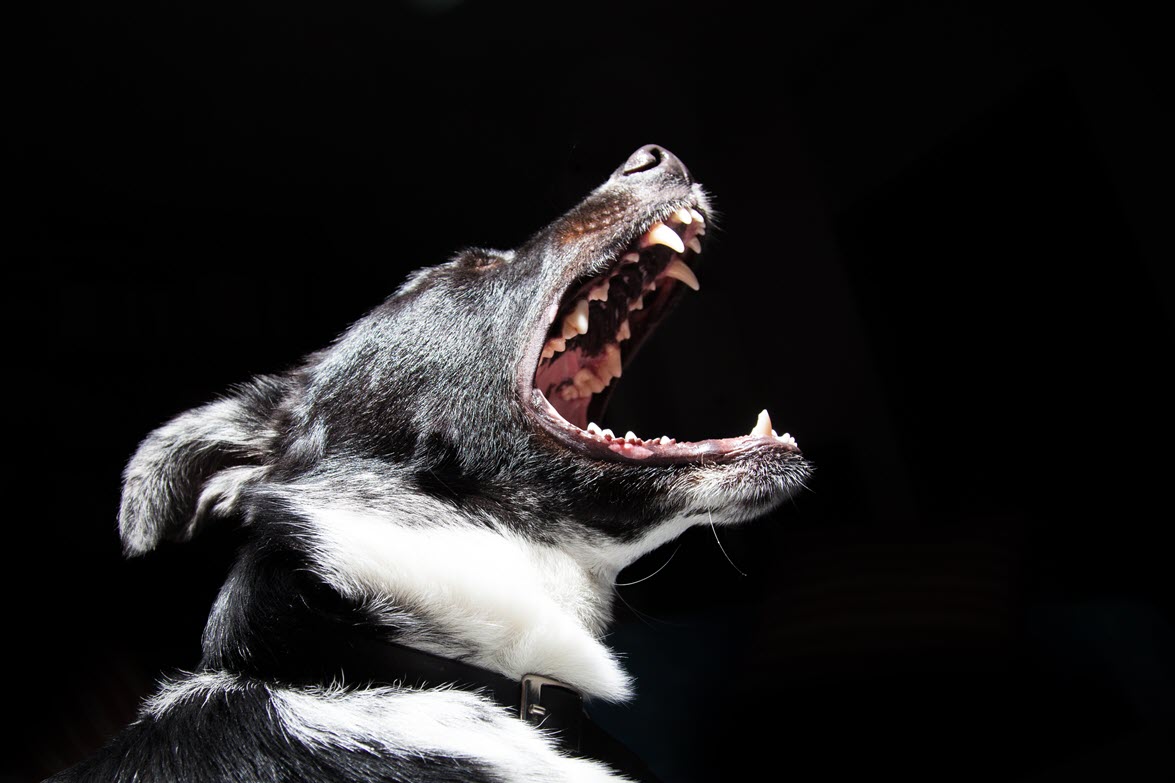Legal Information on South Carolina Law
Everything You Need to Know About Dog Bites in SC

Questions:
- Did a dog bite you?
- Did the incident occur on the owner’s property?
- Did you provoke the dog?
- Did the dog have a vicious nature?
- Was the owner of the dog on notice of the dog’s vicious nature?
Suing Someone For a Dog Bite in SC?

There are two ways you can sue someone for a dog bite.
Dog Bites That Don’t Involve Provocation
First, under SC statute 47-3-110 there is a cause of action for a dog bite unless you provoke the dog. This means that if the dog injures you then the owner is strictly liable under the statute. Here are the main points of the law:
- The person that was bit must be in a public place or is lawfully in a private place, including the property of the dog owner or person having the dog in the person’s care or keeping.
- The dog owner or person having the dog in the person’s care or keeping is liable for the damages suffered by the person bitten or otherwise attacked.
This statute does not apply if the person who was attacked provoked or harassed the dog and that provocation was the proximate cause of the attack.
What is “lawfully in a private place?”
There are many reasons why you may be present on someone’s private property, including postal regulations, conducting city or state business, or when the person bitten or otherwise attacked is on the property upon the invitation, express or implied, of the property owner or a lawful tenant or resident of the property.
Bites by Law Enforcement Dogs
If you have been attacked by a dog working in a law enforcement capacity with a governmental agency, then there are rules which govern it, including Section 47-3-110(B). The dog must have been working in their official capacity and performing regular duties. If all of the following are true, you likely don’t have a cause of action:
- the dog’s attack is in direct and complete compliance with the lawful command of a duly certified canine officer;
- the dog is trained and certified according to the standards adopted by the South Carolina Law Enforcement Training Council;
- the governmental agency has adopted a written policy on the necessary and appropriate use of dogs in the dog’s official law enforcement duties;
- the actions of the dog’s handler or dog do not violate the agency’s written policy;
- the actions of the dog’s handler or dog do not constitute excessive force; and
- the attack or bite does not occur on a third party bystander.
Scienter:
The law in South Carolina also recognizes a scienter cause of action. This means that if a dog bit someone before and the dog owner knew of the dog’s violent tendencies then they are liable if the dog injures someone. A dog is not entitled to one free bite before the owner can be held liable. This means if the dog shows violent tendencies you can recover if they bite you. There is a very interesting case about this point named Giles v. Russell, 255 S.C. 513 (1971) 180 S.E.2d 201:
On June 29, 1969, the plaintiff was driving a motorcycle on Woodland Drive in Garden City Beach. Behind him on the same motorcycle was a passenger, Douglas Green. They were proceeding from Highway 17 easterly toward the ocean. As they passed the home of the defendant his big, black, German Shepherd dog raced into the street, barking in a threatening-to-bite manner, and was hit by the motorcycle. As a result of the fall plaintiff was thrown against the ground and suffered physical injuries, including a broken leg. Plaintiff brought this action, alleging negligence on the part of the defendant as follows:
“(a) In keeping on his premises a vicious dog; “(b) In failing to keep a vicious dog confined; “(c) In failing to keep a vicious dog on a leash; “(d) In failing to warn others that a vicious dog was kept on the premises.”
The South Carolina Supreme Court held:
It is the rule in this State that domestic animals are not presumed to be dangerous to persons, and before recovery of damages may be had against the owner, the injured party must prove that the particular animal was of a dangerous, or vicious, nature, and that his dangerous propensity was either known, or should have been known to the owner. The negligence that imposes liability upon the owner is the keeping of a dangerous animal with knowledge of its dangerous tendencies, or in the failure to restrain it from injuring persons. The popular notion that a dog is entitled to one free bite before the owner may be held liable is not the law.
The supreme court held: We think that the evidence relative to the conduct of the dog was sufficient to raise the inference that it was of a vicious or dangerous disposition.
There is a very low threshold for a dog owner being put on notice of the dangerous tendency of a dog. See Hossenlopp v. Cannon, 285 S.C. 367, 371 (1985) (where a dog did not cause a person to bleed enough to pink a Q-tip, but the owner was on notice of vicious nature of dog.)

Landlord Liability:
Questions:
- Did the landlord exercise control over the premises?
- Did the landlord assume some duty to care for the dog?
- Did the landlord have advance notice the dog was vicious?
- Was the dog in a common area?
This situation was addressed in the case of Clea v. Odom, 714 S.E.2d 542, 394 S.C. 175 (2011). The Supreme Court of South Carolina held:
While it is true that a landlord is typically not liable to someone attacked by a tenant’s dog while that person is on the leased property, this case is distinguishable from other cases in our jurisdiction because those cases did not involve attacks occurring in common areas. We find this case is consonant with those cases from other jurisdictions where the landlord could be liable where the attack occurred in a common area. There was evidence Respondent had actual knowledge of the dog’s vicious propensity as it had previously attacked a child, and respondent failed to remedy the situation. Accordingly, we find the circuit court erred in finding Respondent could not be liable for the attack under a common law negligence theory.
Also, the dog owner can be held liable if the dog was in the care of another. In Harris v. Anderson County Sheriff’s Office the Supreme Court held: we hold that a person injured by a dog may pursue a claim against the owner of the dog when the injury occurs while the dog is in the care or keeping of another. 381 S.C. 357, 365-366, 673 S.E.2d 423, 427 (2009)
It is important to note that there is a difference between if the dog was on the tenant’s property or in a common area. If the dog was on a tenant’s property, then there is no liability on the part of the landlord. Bruce v. Durney, 341 S.C. 563, 534 S.E.2d 720 (Ct. App. 2000) (landlord was not liable where a dog kept on tenant’s leased property bit a child).
Ready To Take Action?
It won’t cost you anything to speak with an attorney about your case.
